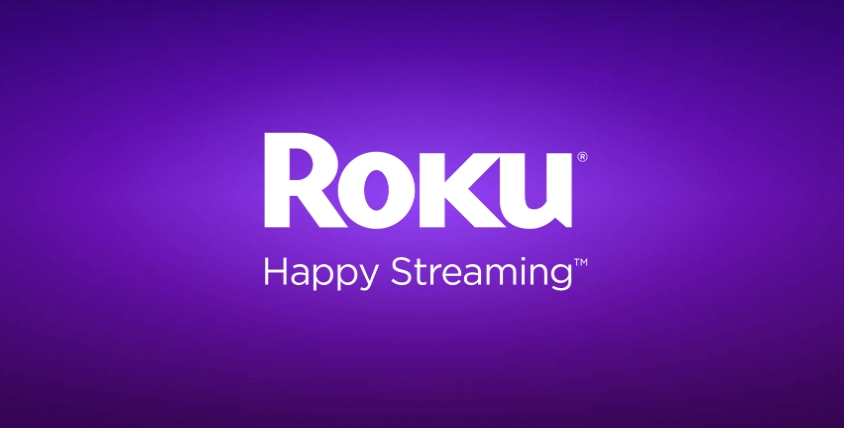Asian stocks rise as tech steadies; but steep weekly losses on tap

Investing.com-- Most Asian stocks rose on Friday as heavyweight technology shares steadied from several sessions of steep declines, although regional indexes were still set for deep weekly losses.
Regional stocks took middling cues from a mostly negative overnight session on Wall Street, where major technology stocks continued to fall after a couple of underwhelming earnings from the sector. But their pace of losses now appeared to be easing, while U.S. stock index futures also rose in Asian trade.
Markets took some positive cues from stronger-than-expected second-quarter U.S. GDP data. Focus was also squarely on upcoming PCE price index data, which is the Federal Reserve’s preferred inflation gauge, for more cues on interest rate cuts.
Asian tech steadies, but weekly losses on tap
Tech-heavy Asian bourses rose on Friday, with South Korea’s KOSPI adding 0.9%, while Hong Kong’s Hang Seng index rose 0.7%. Japan’s Nikkei 225 index added 0.5%, with all three indexes recovering a small measure of steep losses this week.
The three were down between 1.8% to 5.2% this week, with the Nikkei seeing the worst declines.
The tech sector steadied after extended profit-taking and a shift into more economically sensitive sectors battered valuations over the past week. Losses were worsened by underwhelming earnings from major U.S. tech companies.
Taiwan chipmaker TSMC (TW:2330) (NYSE:TSM) was an outlier in Asian tech on Friday, with the firm’s Taipei shares tumbling nearly 7% after a two-day holiday in Taiwan due to Typhoon Gaemi.
Japanese stocks lag before BOJ
Japanese stock markets were the worst performers in Asia this week, with growing uncertainty before a Bank of Japan meeting next week also adding to selling pressure.
The Nikkei and the broader TOPIX both sank over 5% this week.
Middling consumer price index data for Tokyo added to this uncertainty on Friday. The reading showed a core gauge of underlying inflation fell sharply in July, which could give the BOJ less headroom to hike interest rates.
Markets are largely split over whether the BOJ will hike rates by 10 basis points next week.
Among broader Asian markets, Chinese stocks continued to lag their peers, with the Shanghai Shenzhen CSI 300 and Shanghai Composite indexes both falling slightly and remaining at five-month lows.
The two indexes were also down between 3% and 4% this week, having taken little support from surprise interest cuts by the People’s Bank.
Australia’s ASX 200 rose nearly 1%. The index, along with India’s Nifty 50, was the best performer in Asia this week, with both indexes nursing a weekly decline of only 0.5%. The two benefited from flows into more economically-sensitive sectors, as investors positioned for lower interest rates this year.
Nifty futures pointed to a flat open for the index, which did see some measure of profit-taking this week, while investors also reacted negatively to an increase in India’s capital gains tax rates under the 2024 union budget.
Still, the Nifty and the BSE Sensex 30 retained a bulk of gains made through July, where they hit a series of record highs on optimism over Indian economic growth.








